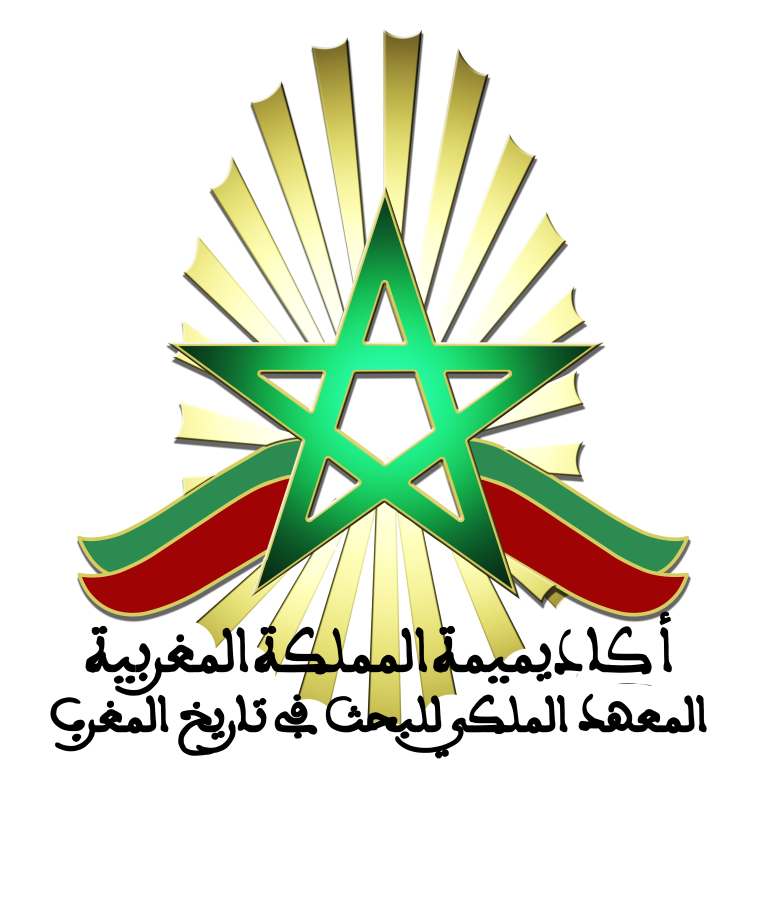
Le Maroc et les États-Unis d’Amérique. Histoire et Temps présent
Rabat, 25-27 January 2023
The upcoming 80th anniversary of the January 1943 Anfa Conference provides the opportunity to commemorate two events of major importance in the history of Moroccan-American relations. The Casablanca meeting of WWII allies, together with the landing of American troops on 8 November 1942, would both prove to be decisive events in contemporary history and the final fall of the Third Reich. More specifically, the two events constitute key elements in the evolution of Morocco’s struggle to regain its independence.
The relations between the two countries are characterized as much by their length in history as by the variety of the domains of cooperation at the present time. The roots go back to the reign of Sidi Mohammed ben Abdallah (1757-1790), the first sovereign in Africa and in the Arab and Muslim world to recognize the young United States despite the threats represented by the English who had become, with their occupation of Gibraltar, Morocco’s immediate neighbors.
It was in 1786, that the Alawite sovereign signed a treaty with the United States, as he had done with European nations between 1763 and 1767. As far as they were concerned the Americans considered Morocco’s strategic position and the mediating roles it could play in the western Mediterranean between the US and the Regencies of Algiers and Tripoli. To this end, they sent as an emissary to the sultan, one of their own diplomats assigned to the Paris legation. Furthermore, it was in order to ensure a permanent seat for the soon-to-be accredited envoy, that the sultan Moulay Slimane (1792-1822) presented them in 1821 with a gift of a house in Tangier that would become the seat of their consulate-general, and later on olegation. In 1986, under the high patronage of King Hassan II and the US President Ronald Reagan, a major conference celebrated the bicentennial of Moroccan-American relations. And in 2021, several events marked two hundred years of “Dar America,” the oldest US diplomatic property abroad, now a museum and a research institute.
In the 19th and the beginning of the 20th century, the United States sought to build more ties with Morocco. An instance is the treaty negotiated by the sultan Moulay Abderrahmane ben Hicham at Meknes in 1836. Nearly three decades later, Morocco responded positively to American requests, and in the context of the American Civil War that was devastating their country, accepted to ban entry to its ports of Southern confederate vessels. Later, the United States participated in two international conferences devoted to Morocco: Madrid (1880) and Algeciras (1906).
The various clauses of the Algeciras Act, notably the principle of the sovereignty of the sultan, and the regime of so-called “open door” and “freedom without inequality” were to constitute the cornerstone of US diplomacy following the imposition of the Protectorate on the Sharifian empire. The State Department was late in recognizing this regime, and refused to abrogate the extra-territorial status granted to its citizens and their Moroccan partners. A few among these were active members of the nationalist movement in the years 1930-1940. These figures and other activists sought closer relations with the US, particularly after the landing on 8th November 1942 and the subsequent Anfa meeting between the sultan Sidi Mohammed ben Youssef and President Franklin D. Roosevelt (January 1943). At the end of the 1940s they opened a Moroccan office in New York in order to plead for their cause at the headquarters of the United Nations. At the beginning of the 1950s they were further supported by the US suit before the International Court of Justice against France for violation by the France of the clauses of the Algeciras convention.
The relations between the two countries were afterwards strengthened, in the context of the Cold War. The USA valued Morocco’s choice strategic position, at the entrance to the Mediterranean, the southern flank of Western Europe and NATO countries, even as Morocco had opted to join the non-aligned movement and the progressist so-called Casablanca group. The Kingdom on the other hand could only appreciate American economic support during the difficult passage between Independence and the edification of a nation-state.
The visits of King Mohammed V to Washington and of President Dwight Eisenhower to Casablanca were so much symbolic of the closeness of the relations between the two countries. King Hassan II was to pursue the same direction, anchoring his country even closer to the liberal camp, and through Arab and Muslim summits, and his capacity as the chair of the Al-Quds Committee, to continue to play a crucial role in the search for peaceful solutions to the conflicts in the Middle East, most notably during the Reagan presidency. Today, King Mohammed VI continues to ensure the chairmanship of the al-Quds committee and to strengthen the close links with the United States, who now recognize the sovereignty of the Kingdom on its Saharan provinces and consider Morocco as a strategic ally.
On a specifically cultural and scientific plane, one of the salient features of the cooperation between the two countries resides in the exchange of researchers and scholars across the Atlantic and the diversity of themes and research projects undertaken through these exchange programs. It is well-known that on the American side historians, anthropologists, sociologists, political scientists, linguists and other specialists made Morocco a privileged ground.
In this respect, the present conference offers an occasion to assess various contributions to a deeper knowledge of Moroccan realities as seen from outside, and their influence on Moroccan researchers.
The meeting will also provide an opportunity to treat other aspects of Moroccan-American relations, such as economic and commercial exchanges and investment, in a general context marked as much by globalization as it has been impacted by the consequences of Covid 19 pandemic, and on a more global level, the emergence of a multipolar world.
Contact
Académie du Royaume du Maroc
Avenue Mohamed VI
Km 4 10100 Rabat Maroc
Tél. +(212) 0700761387
Email : irrhm@alacademia.org.ma